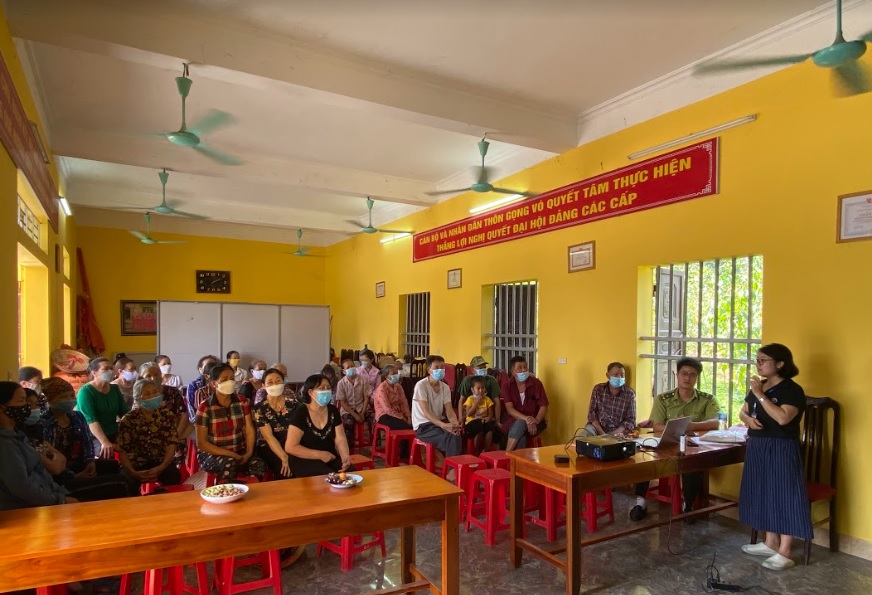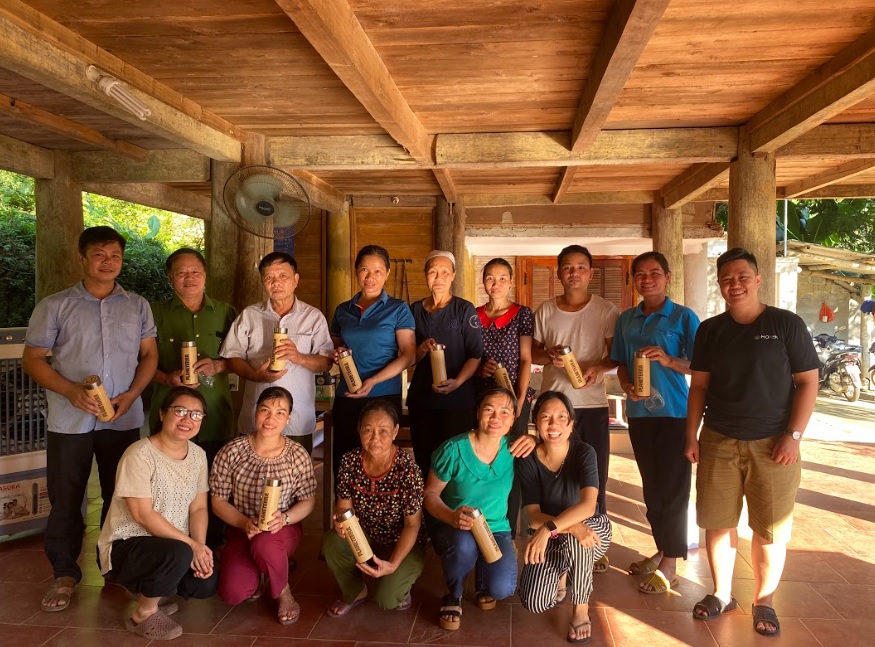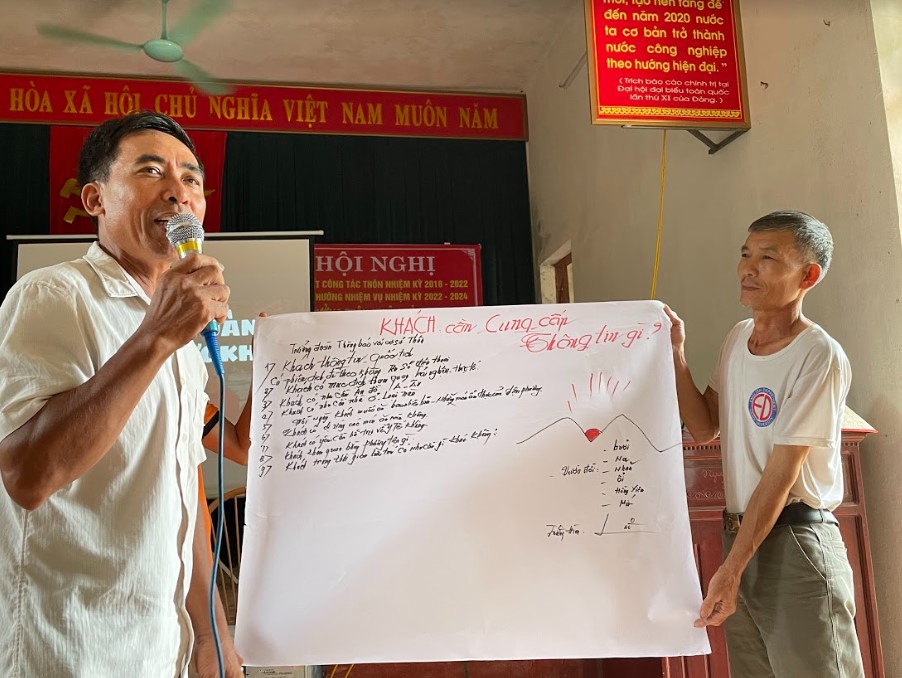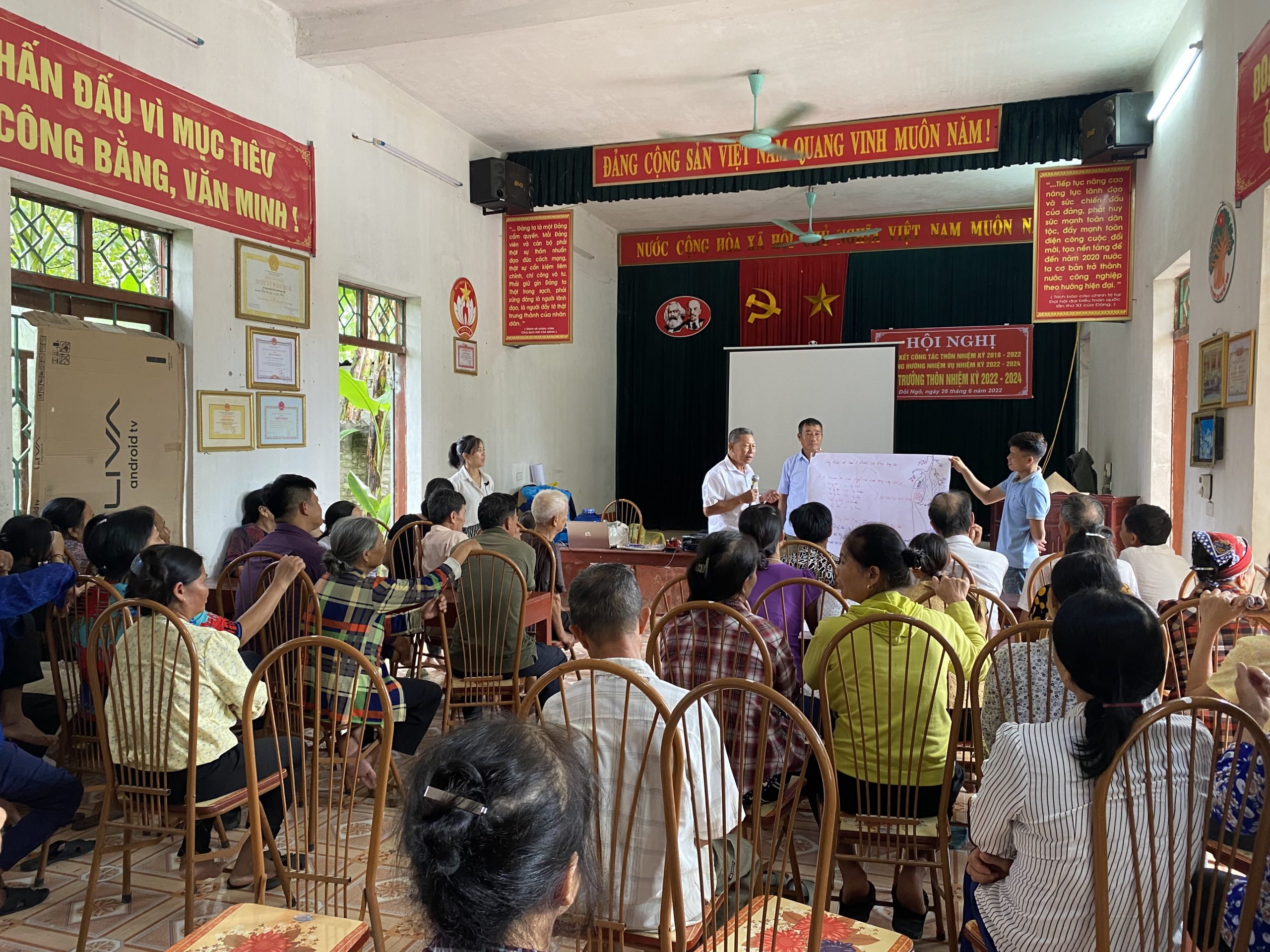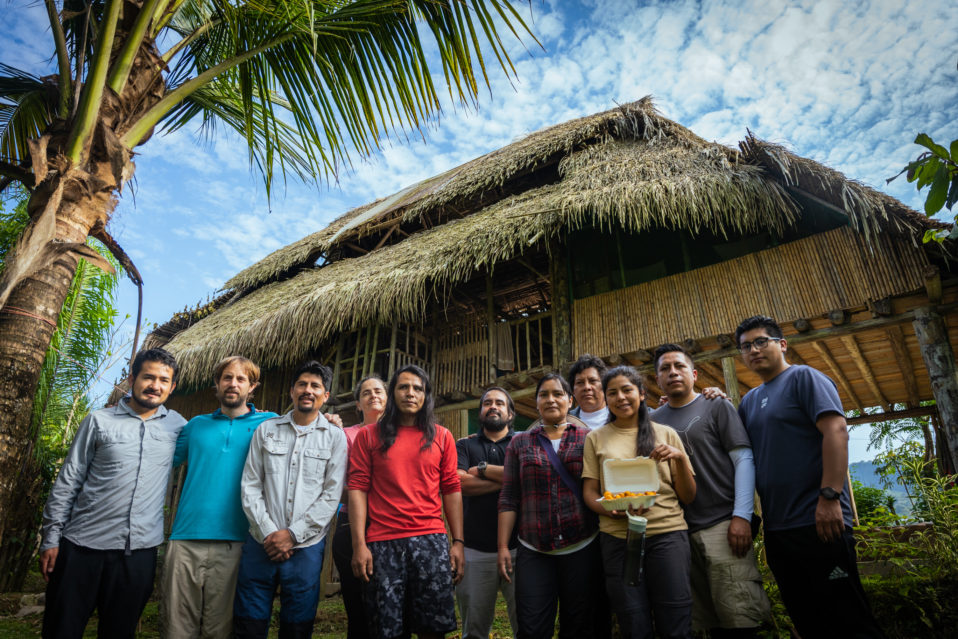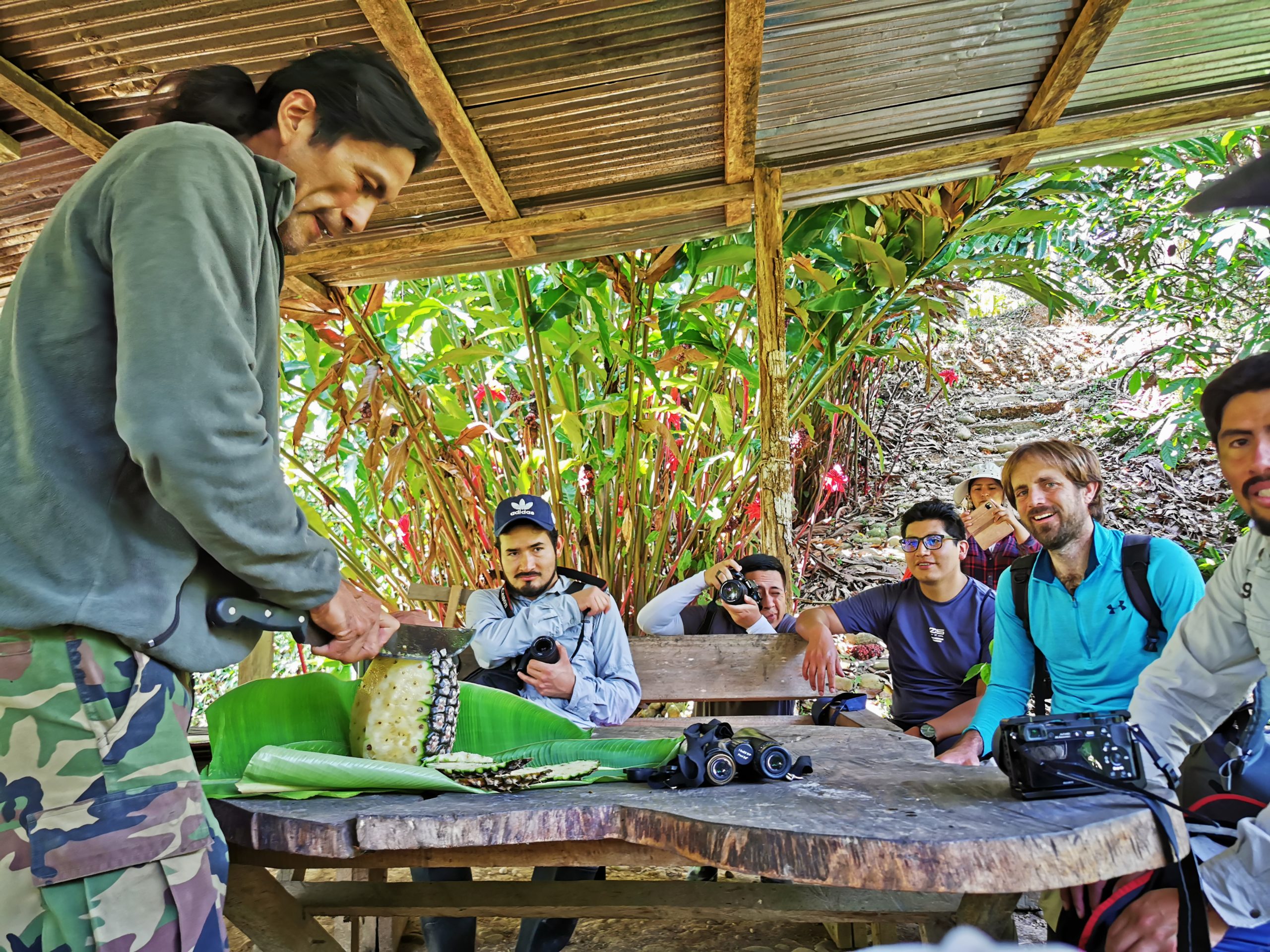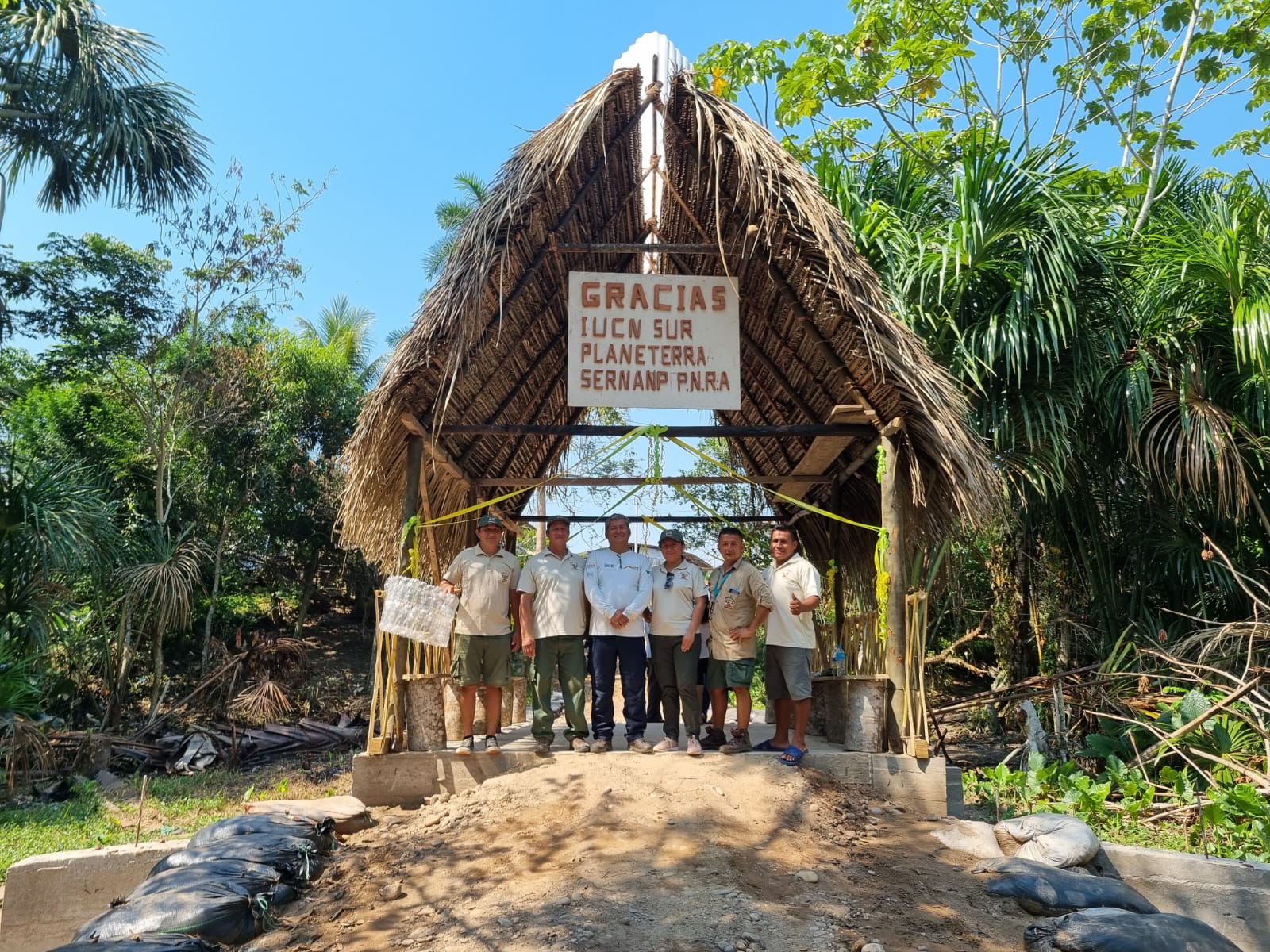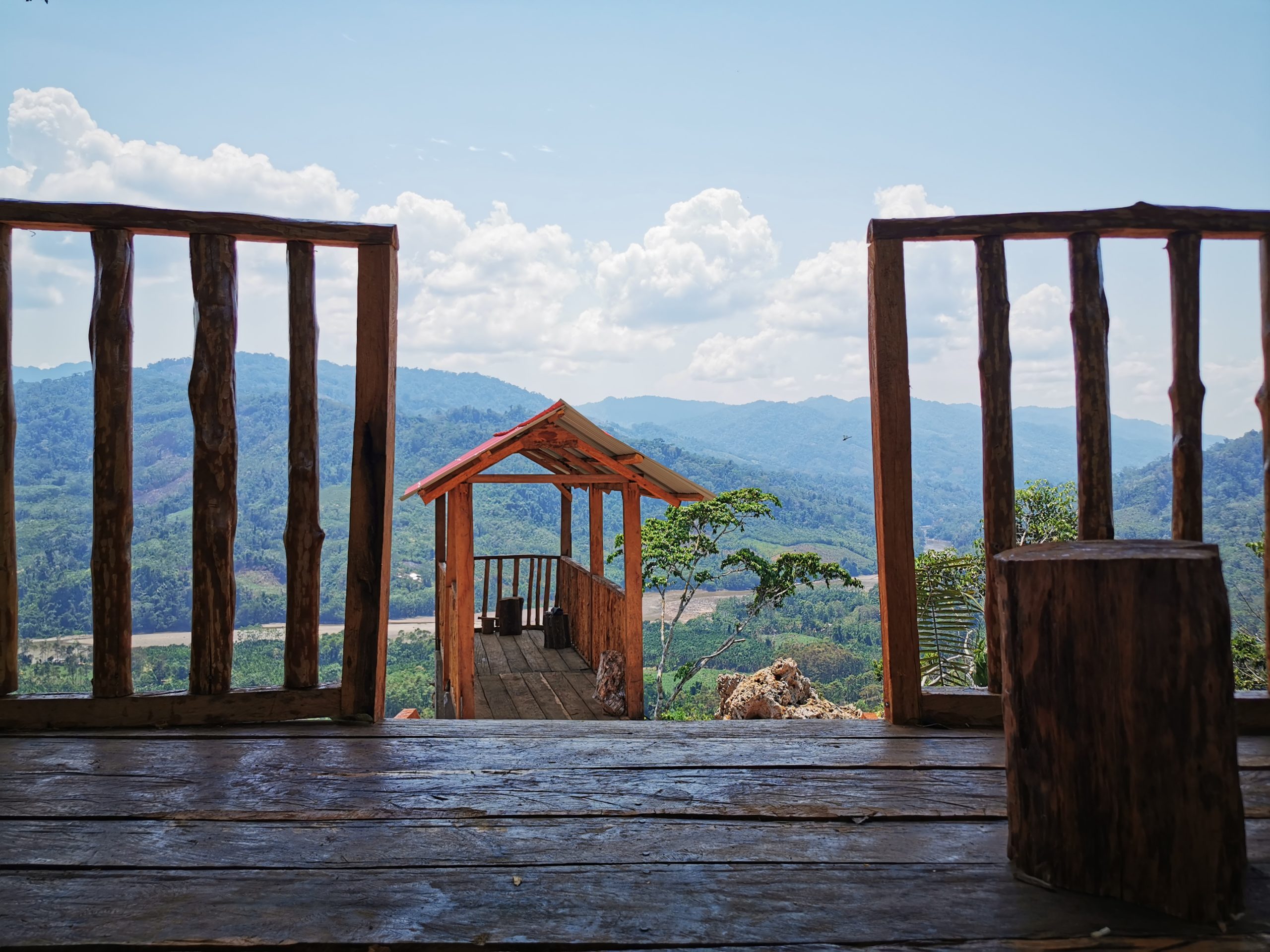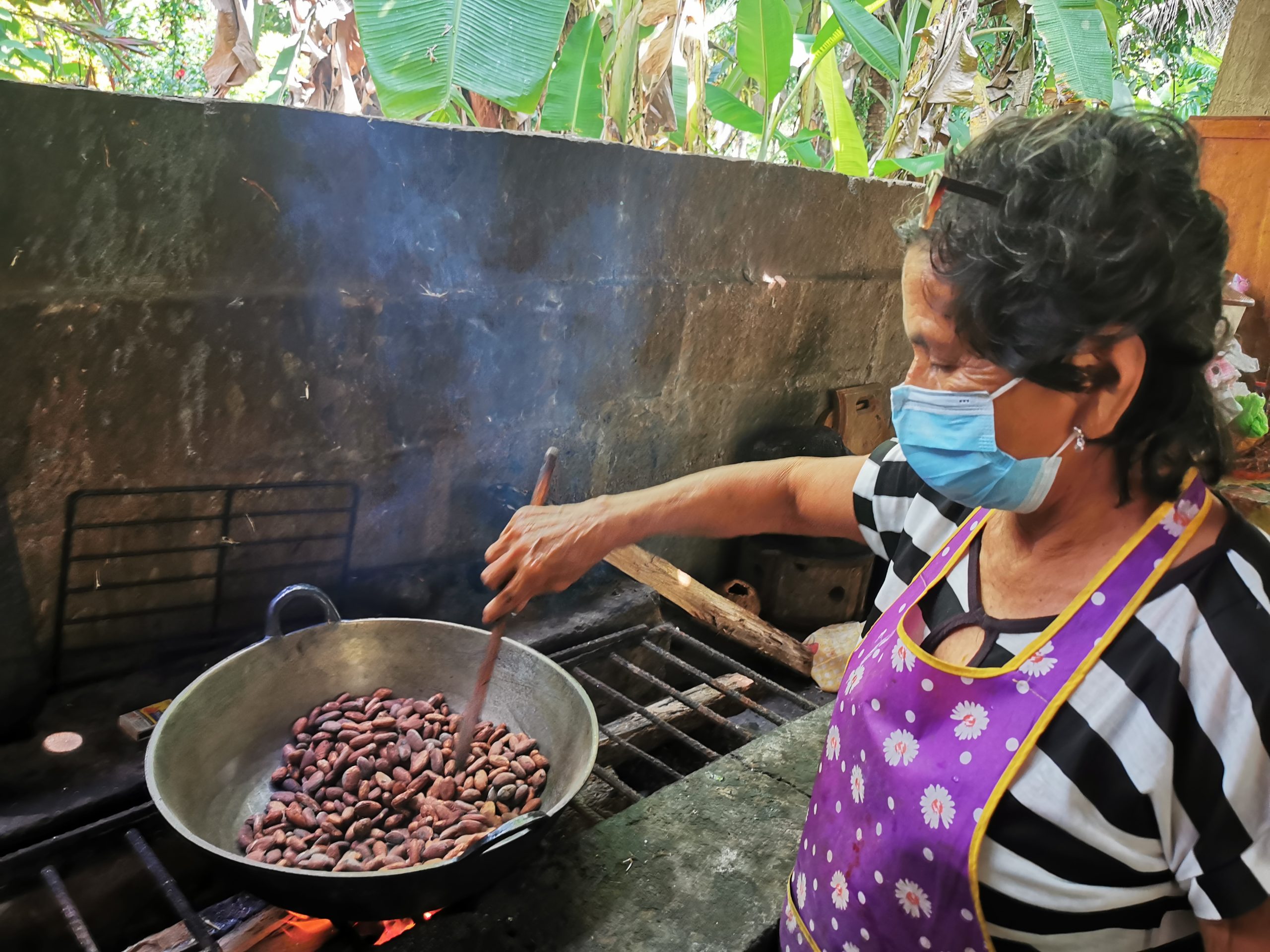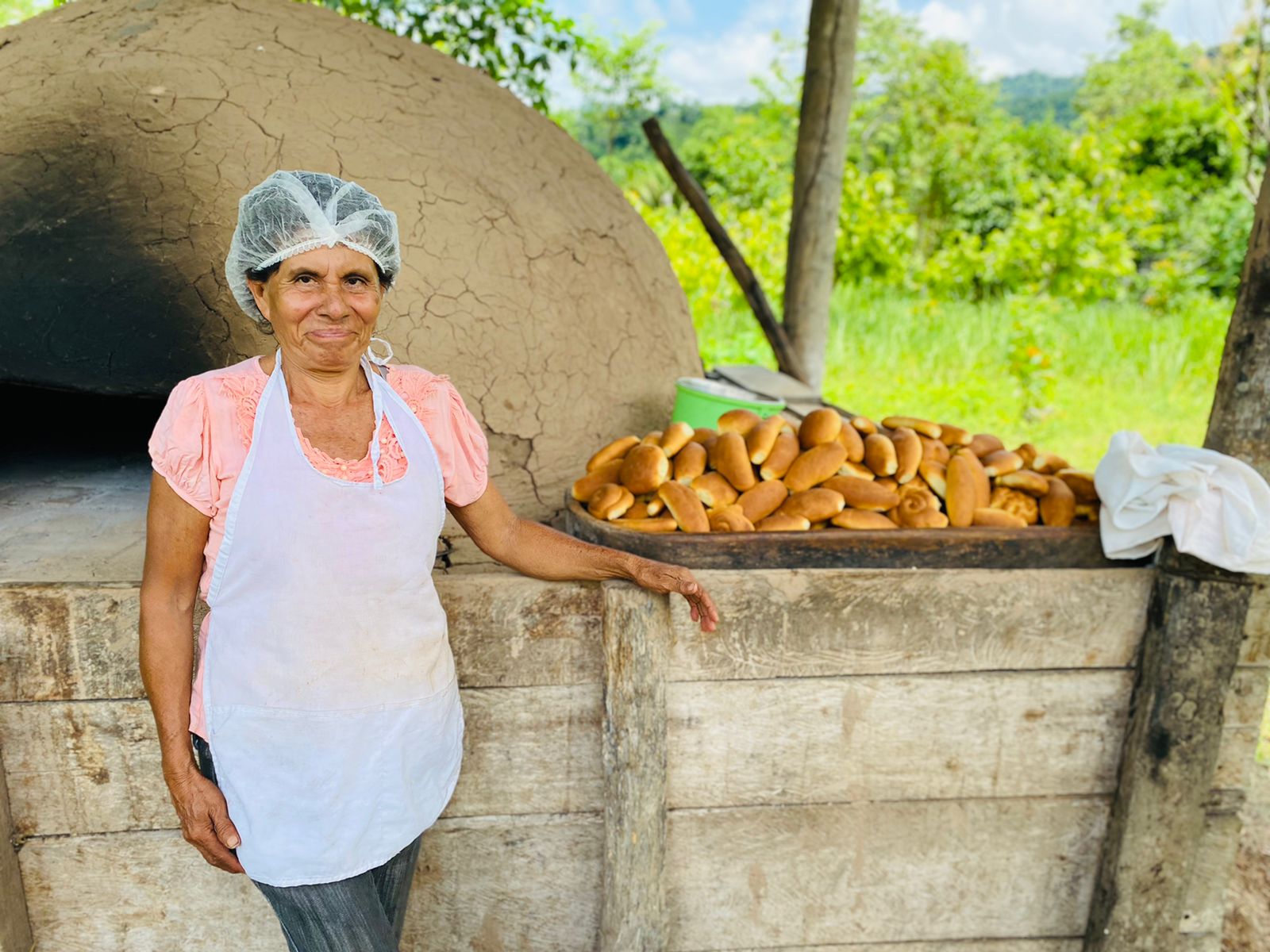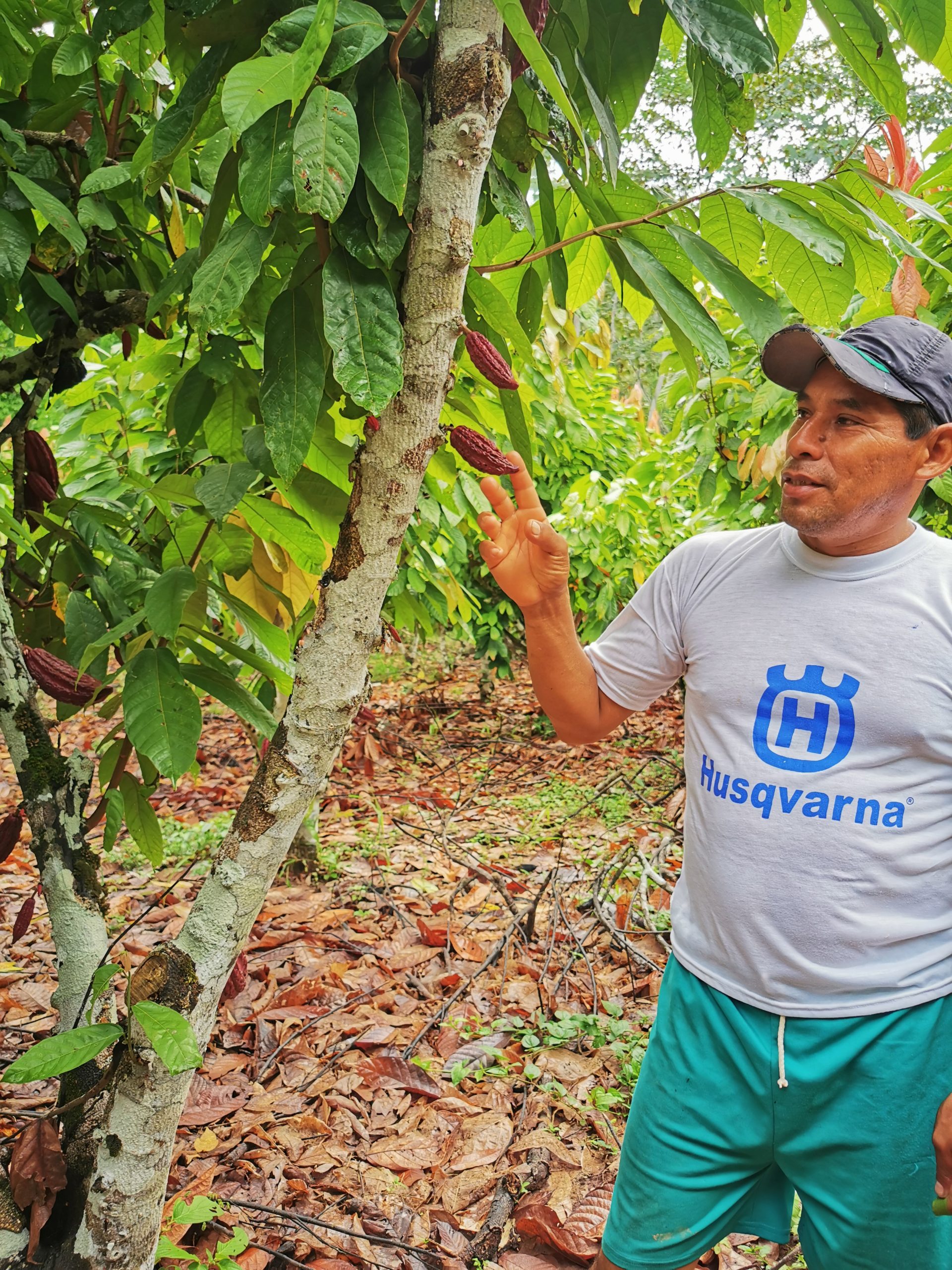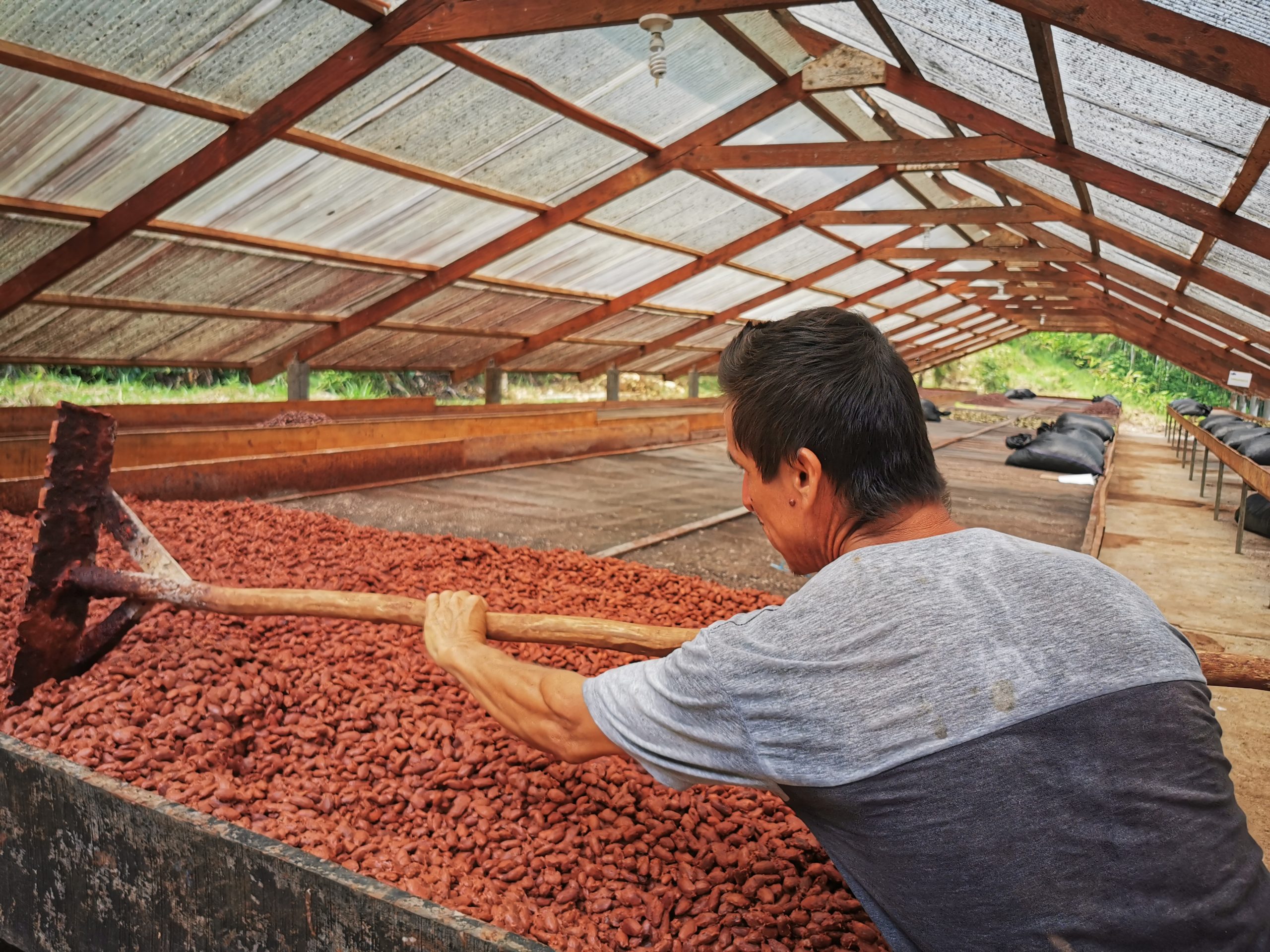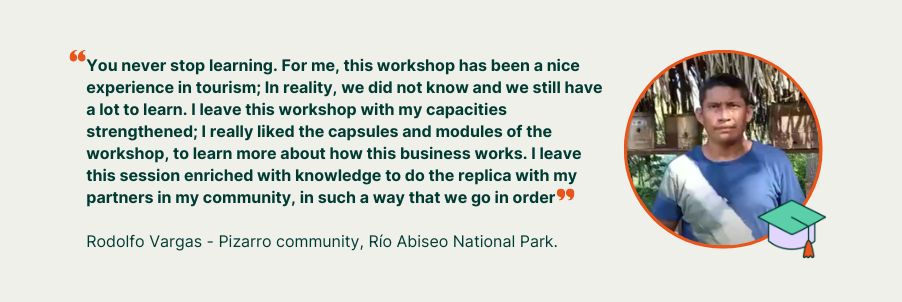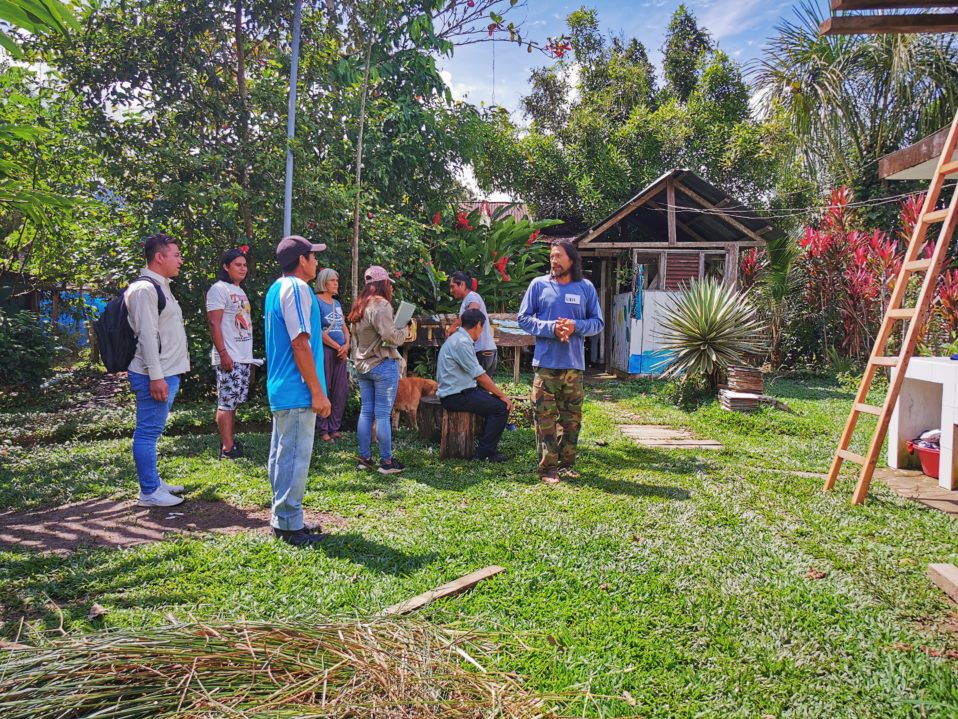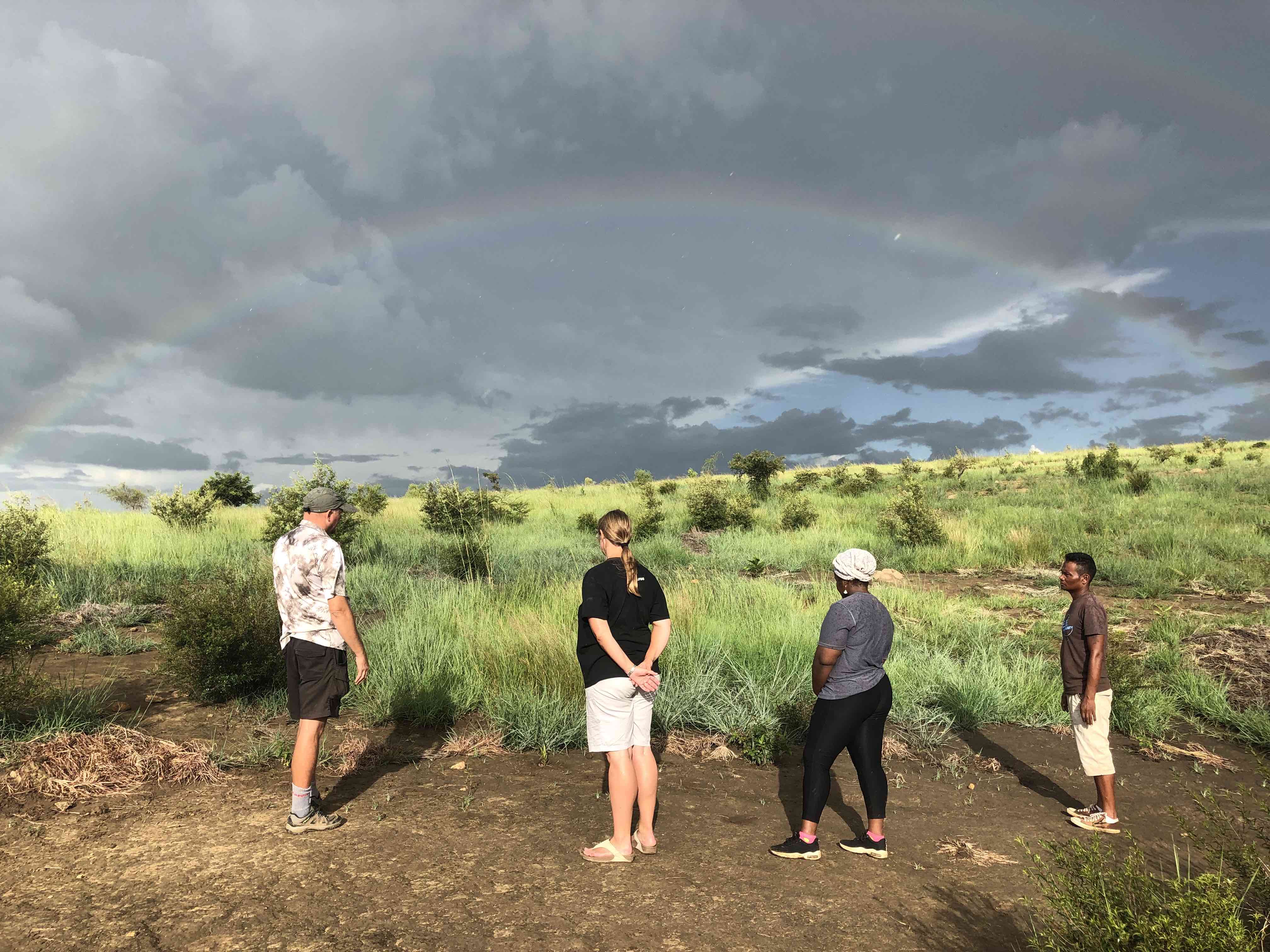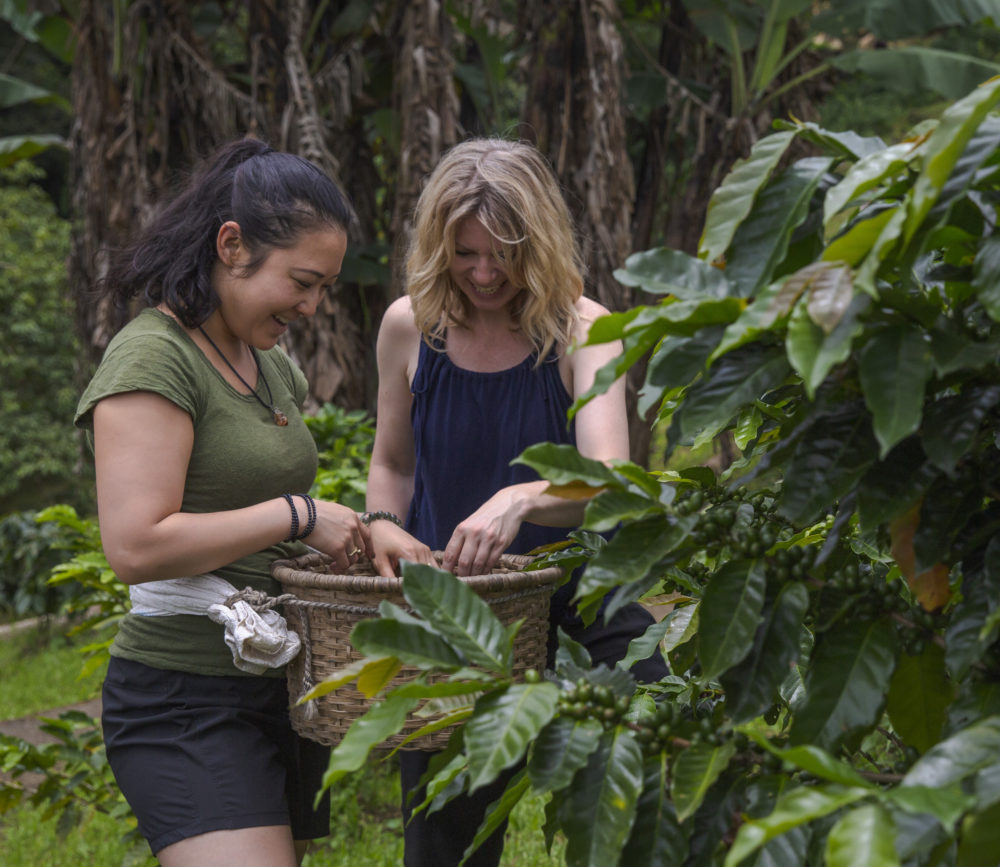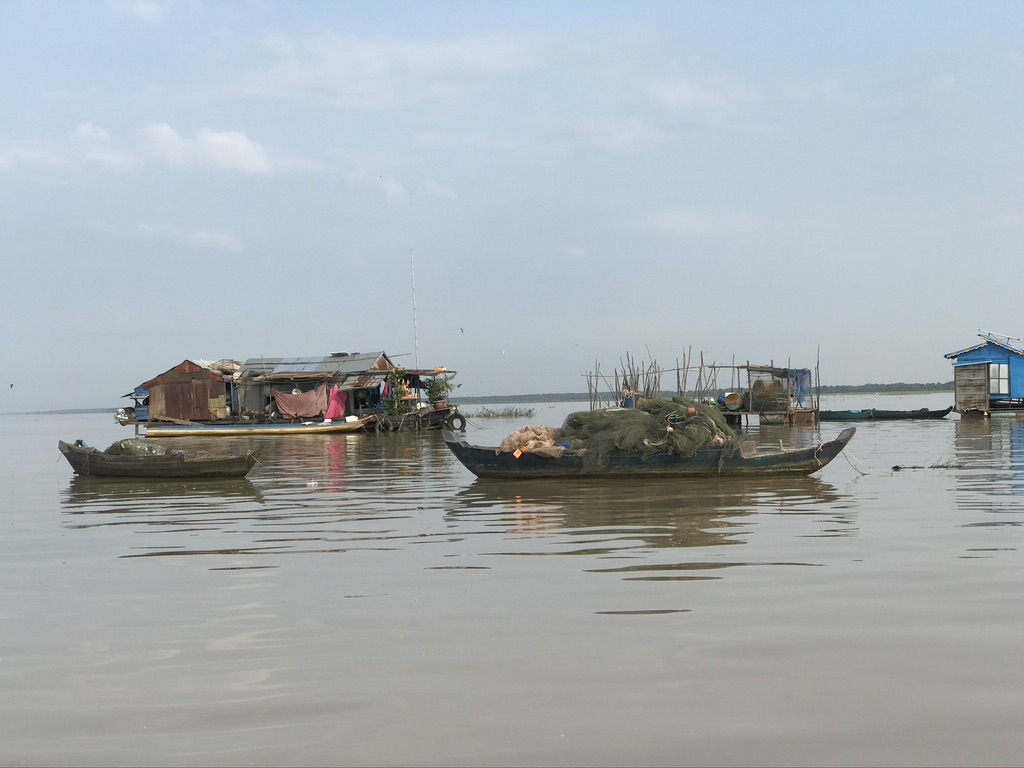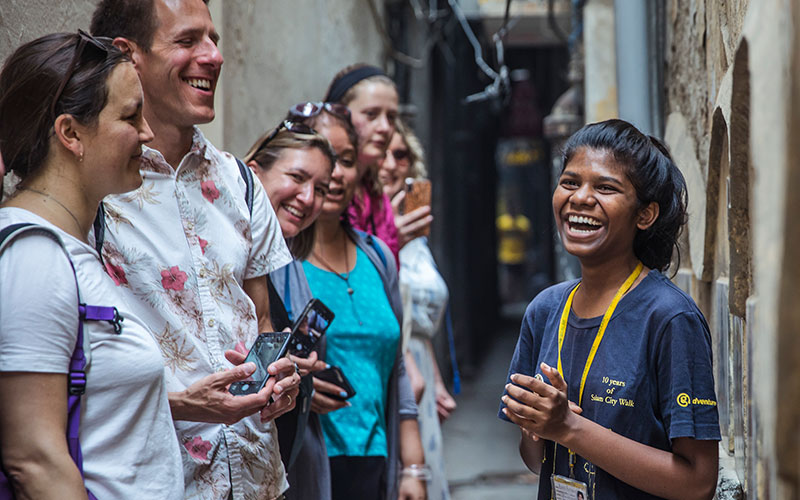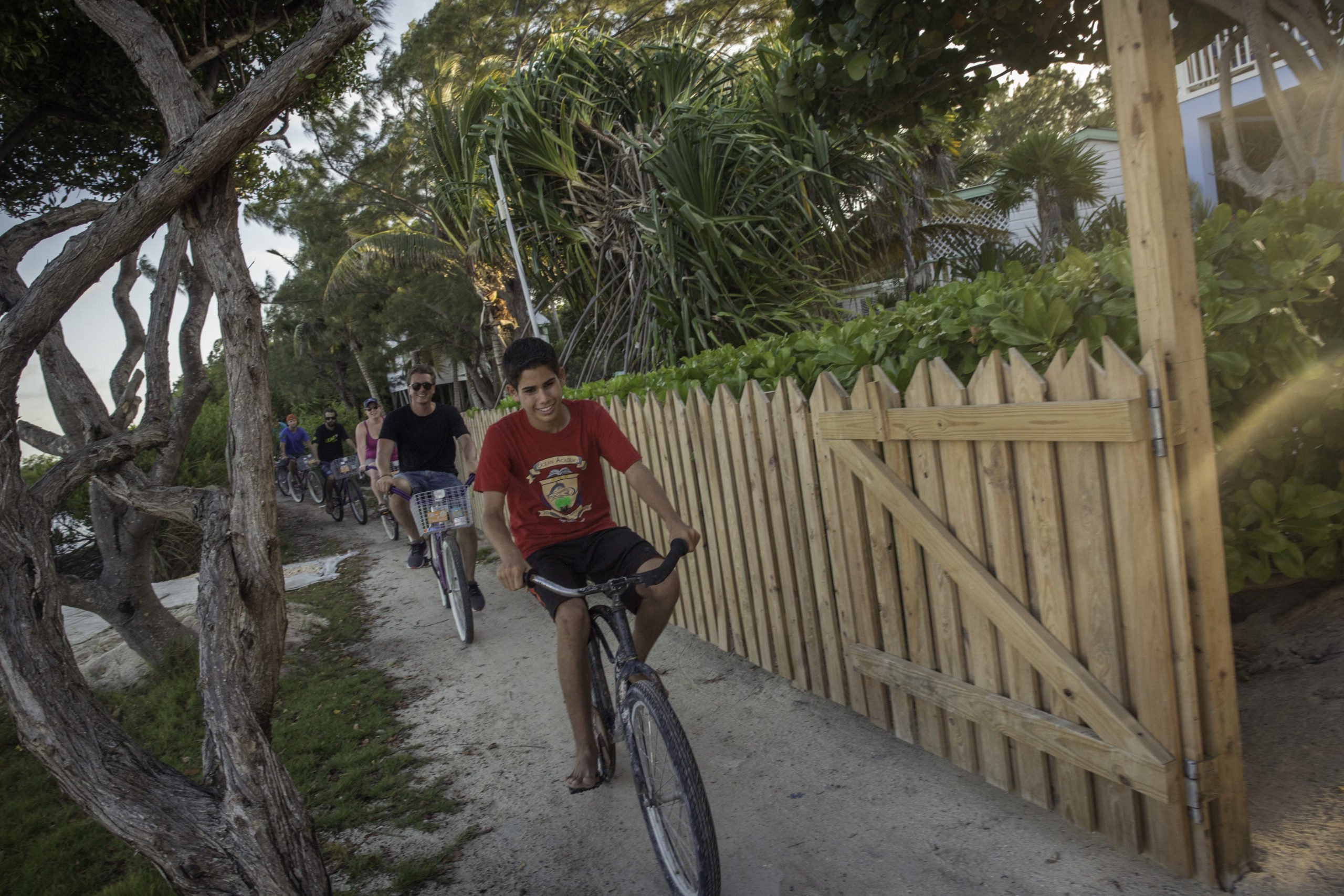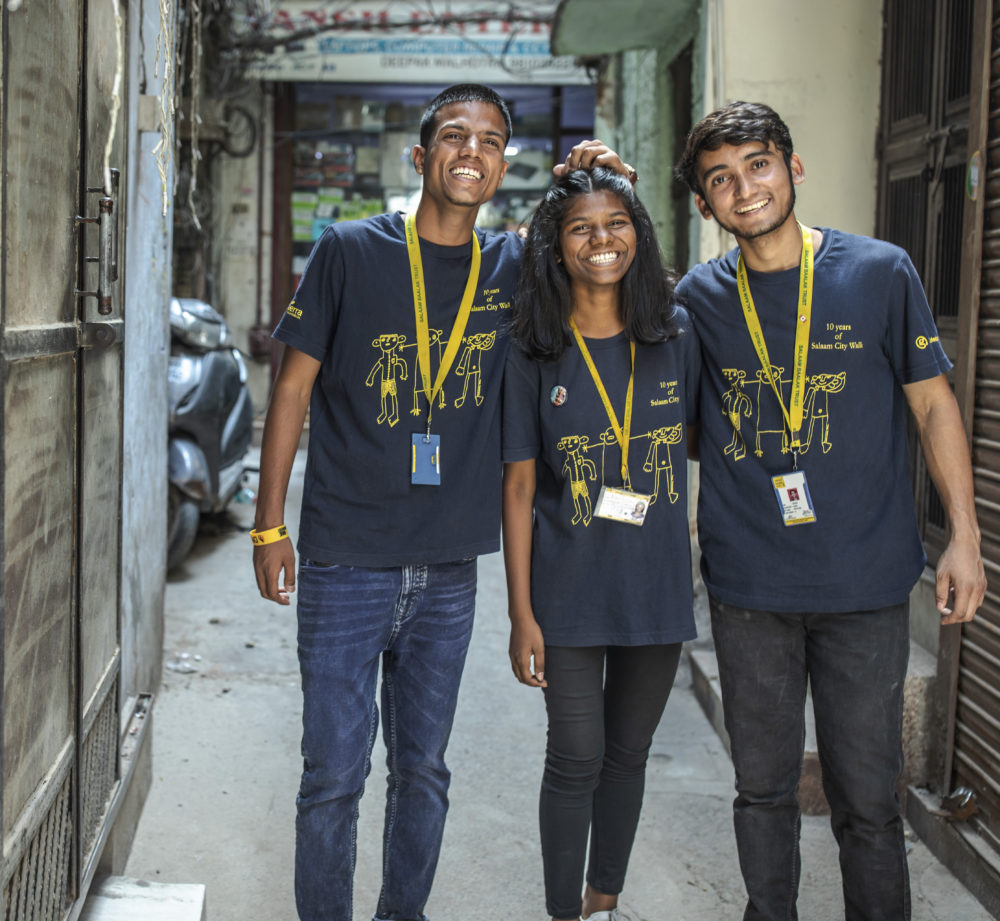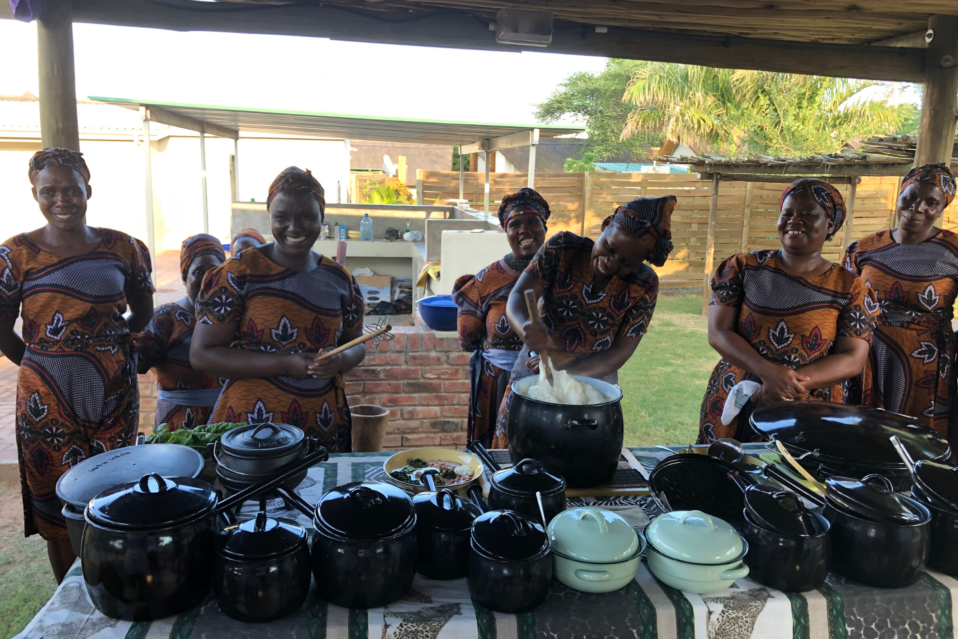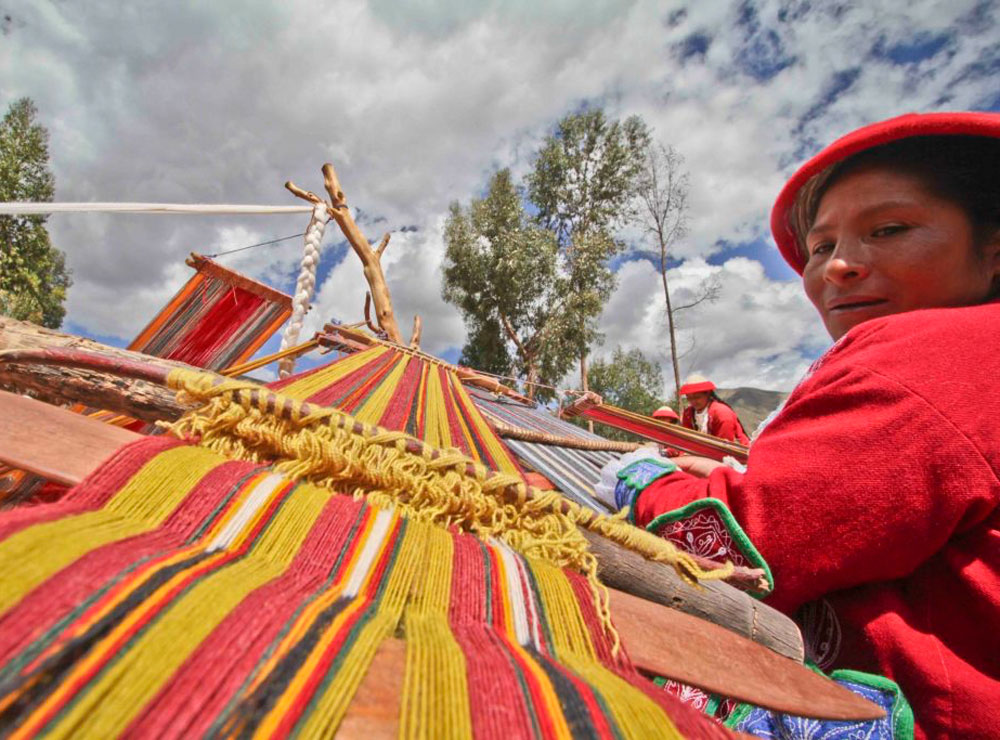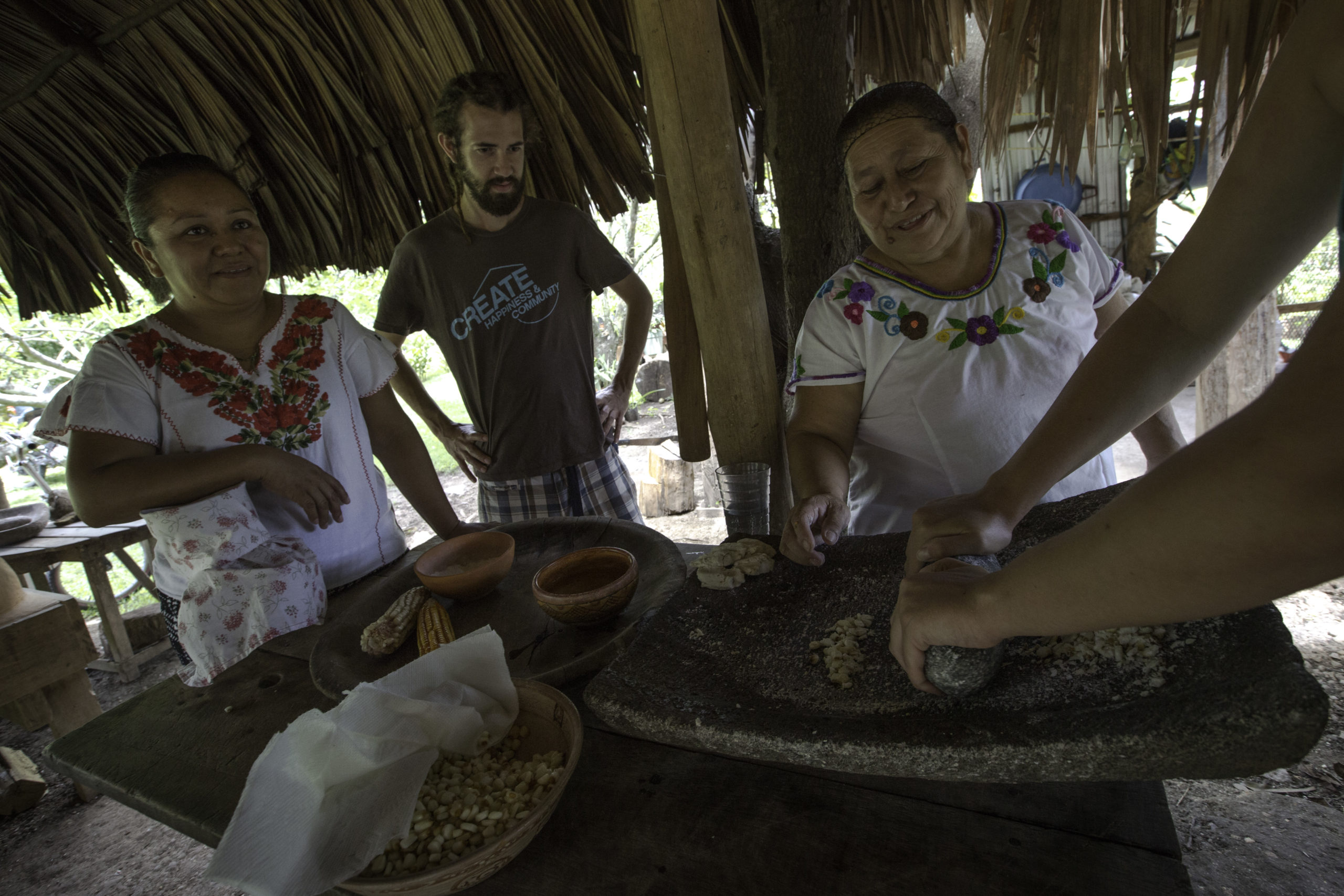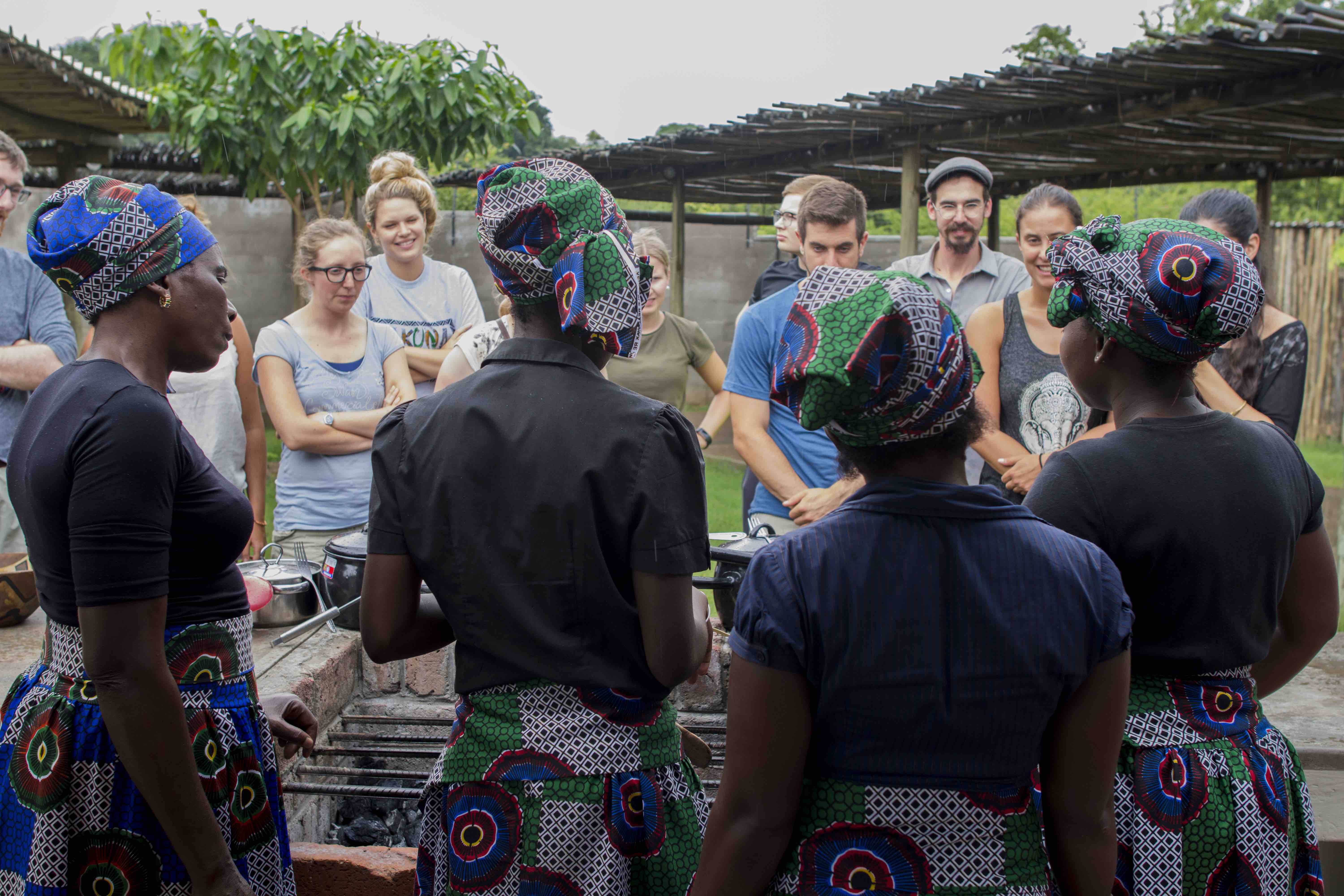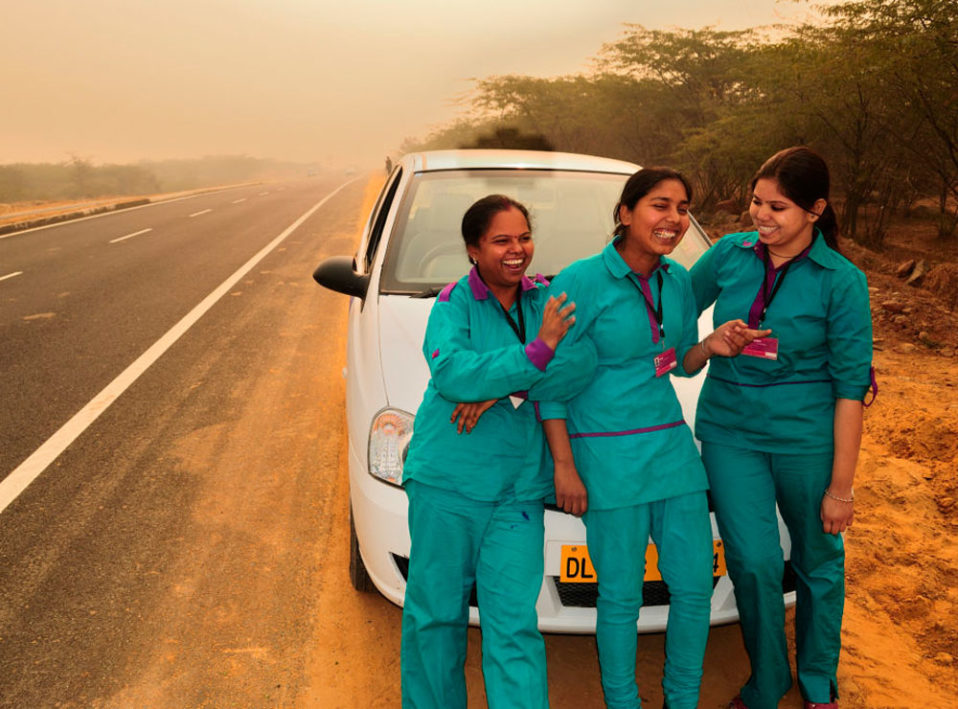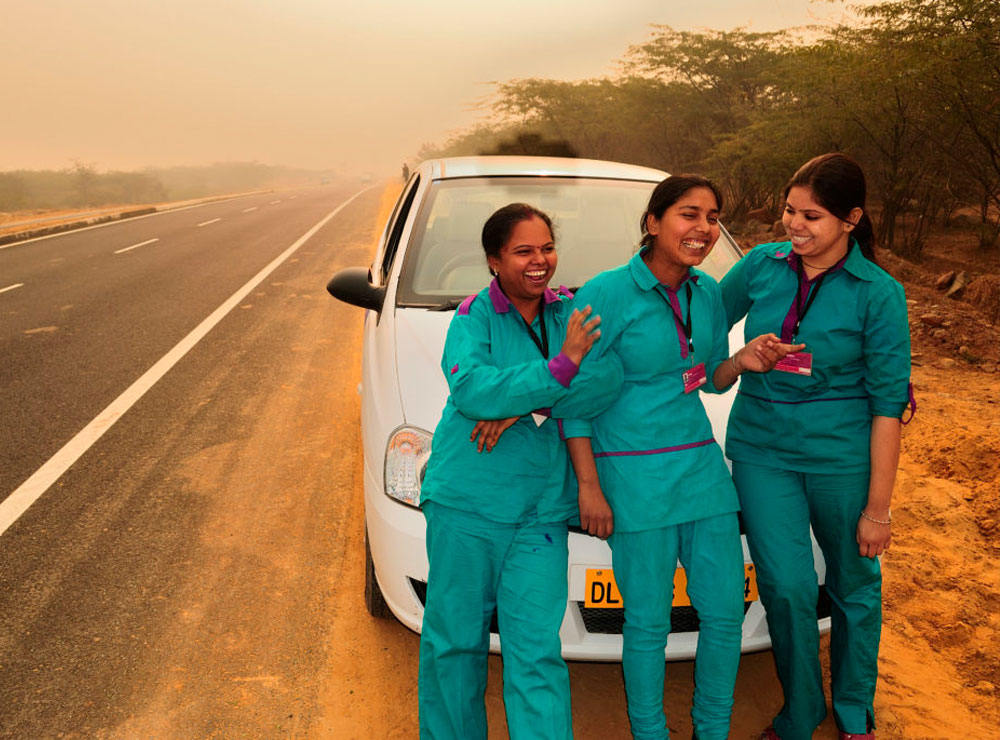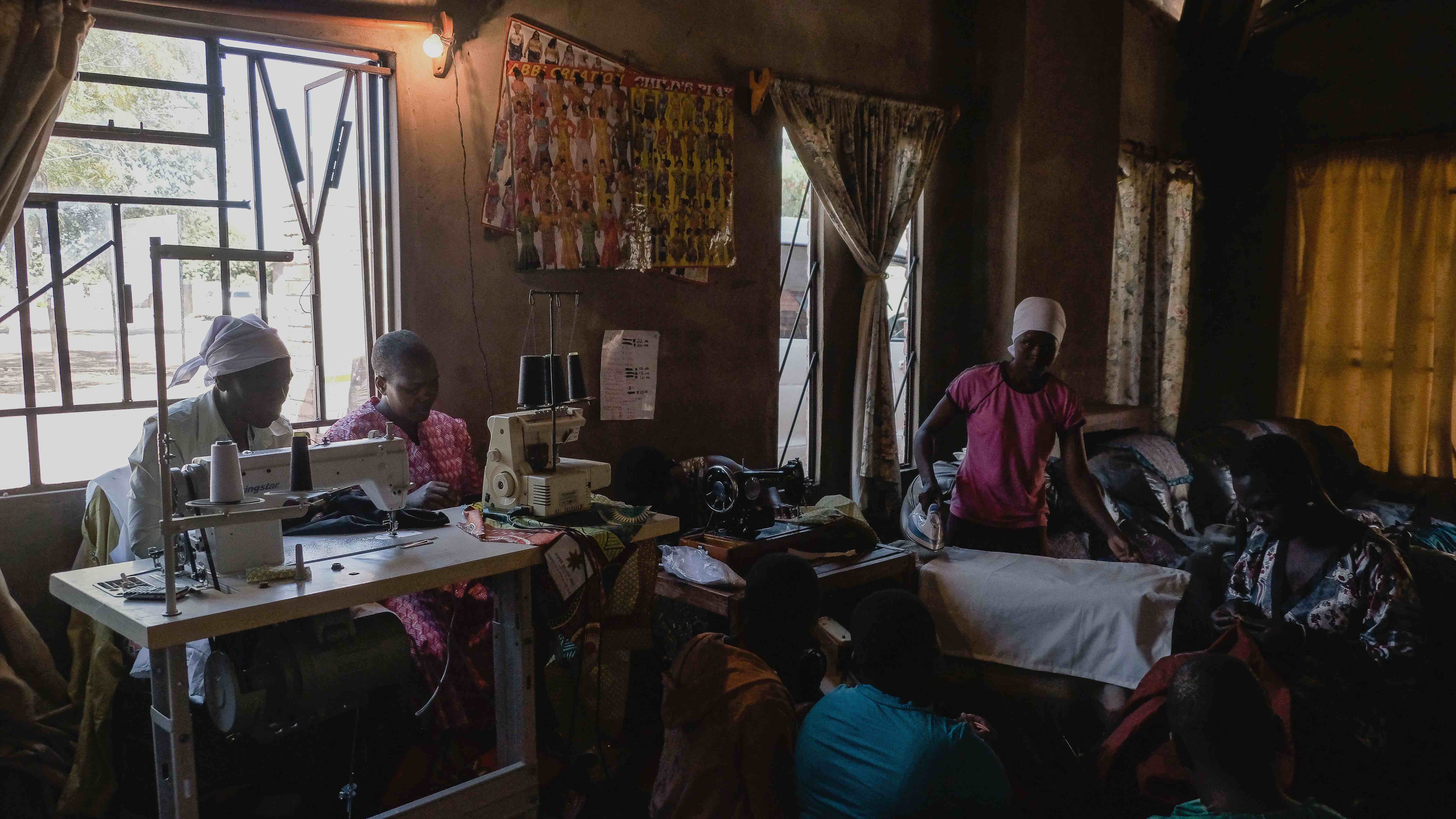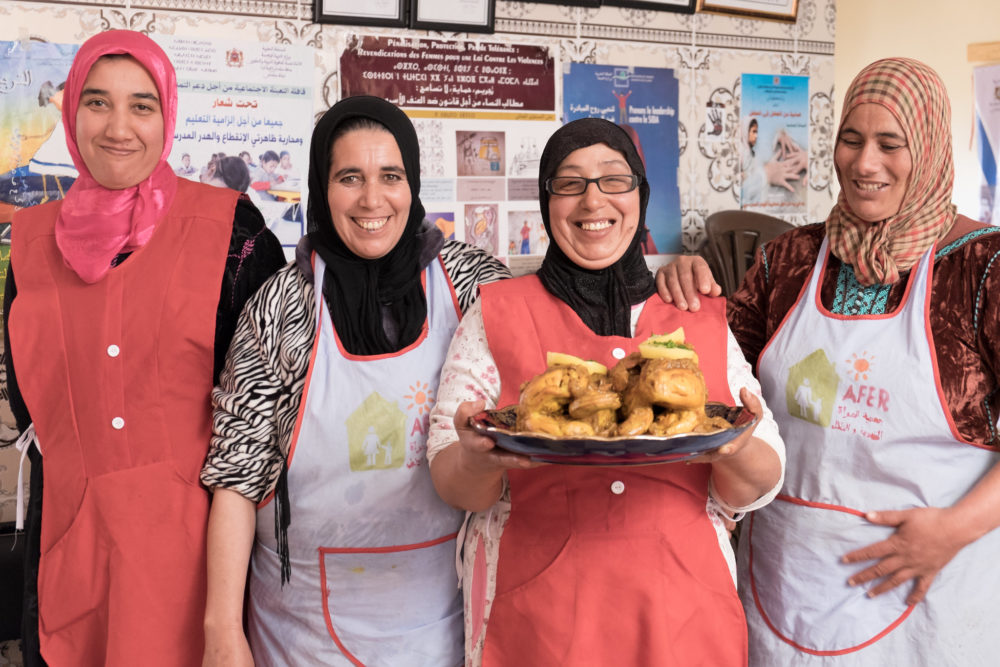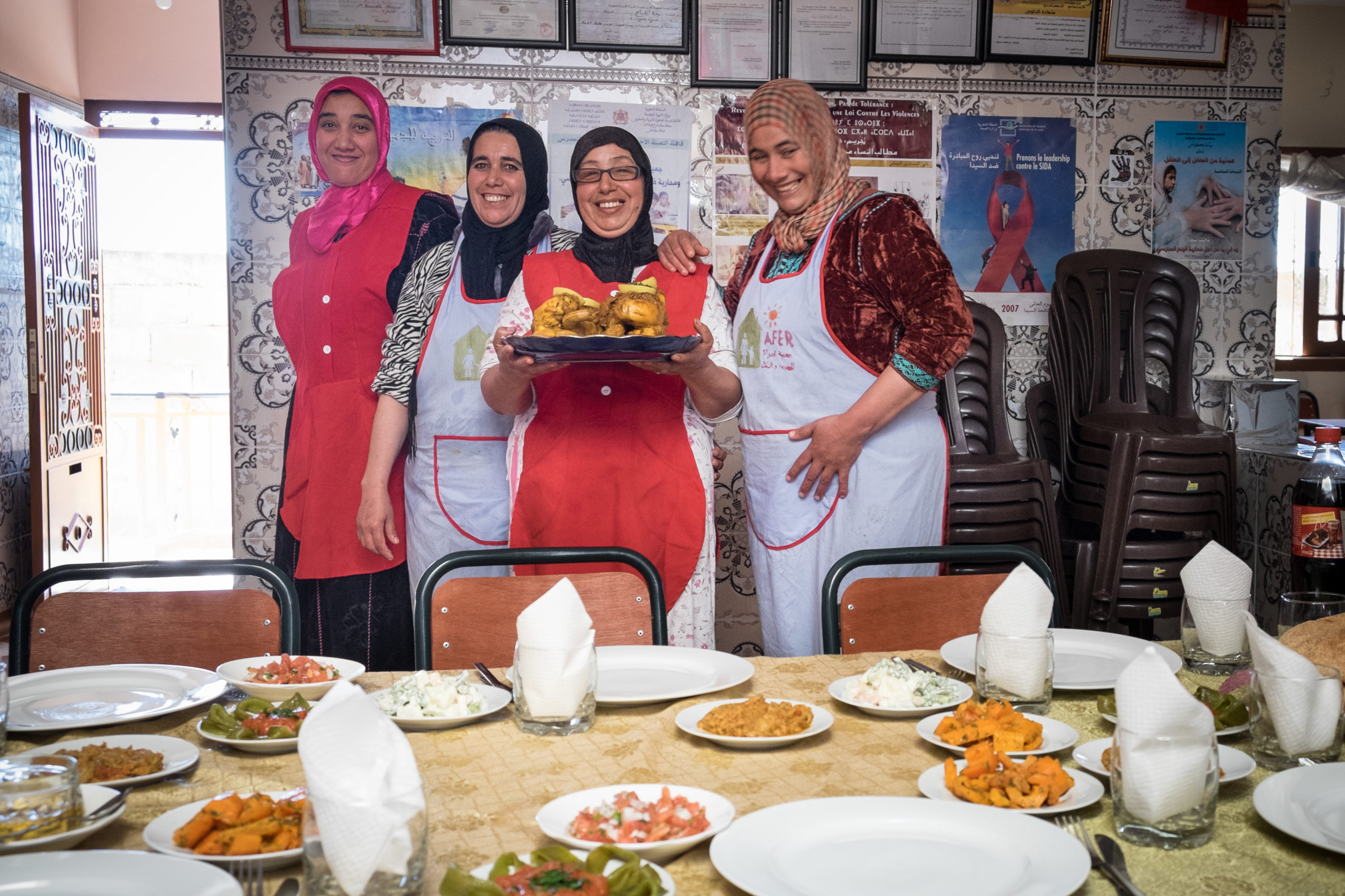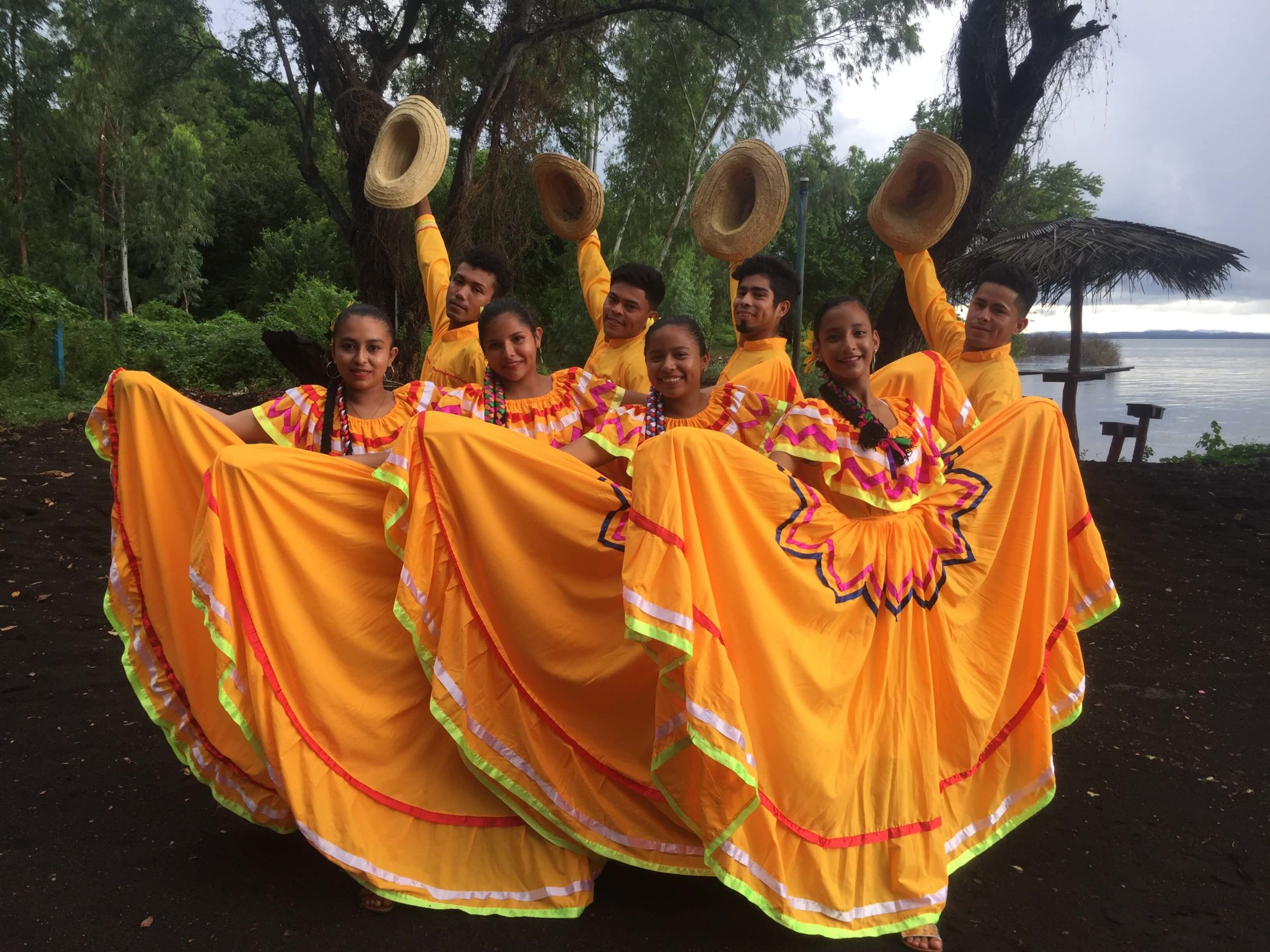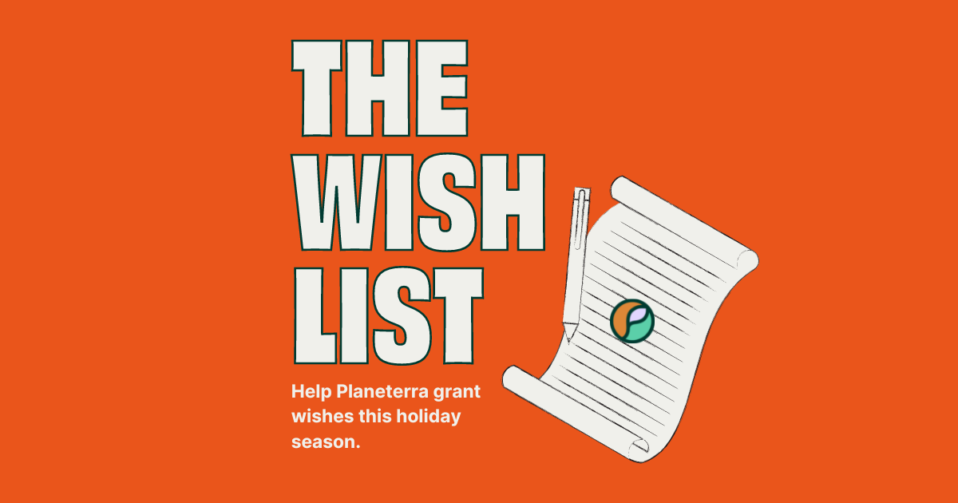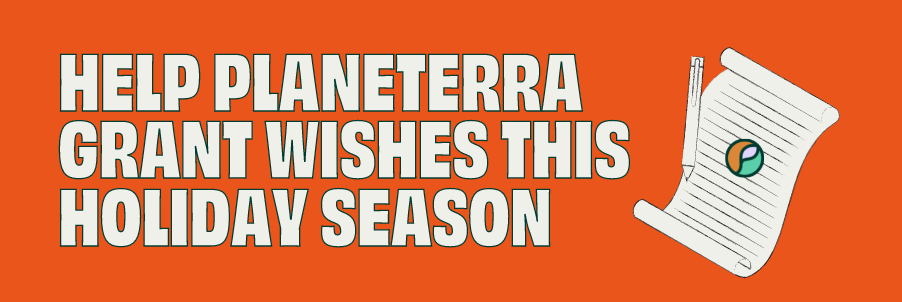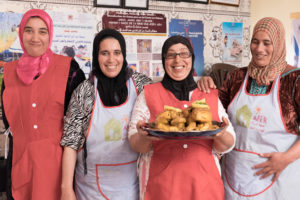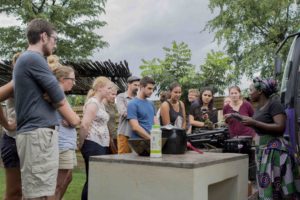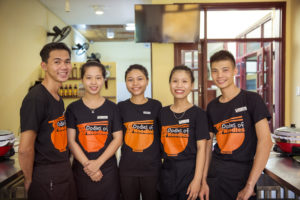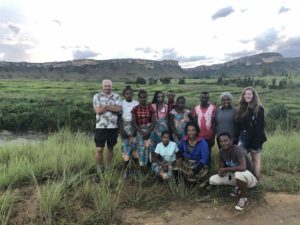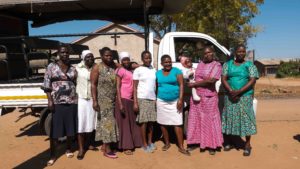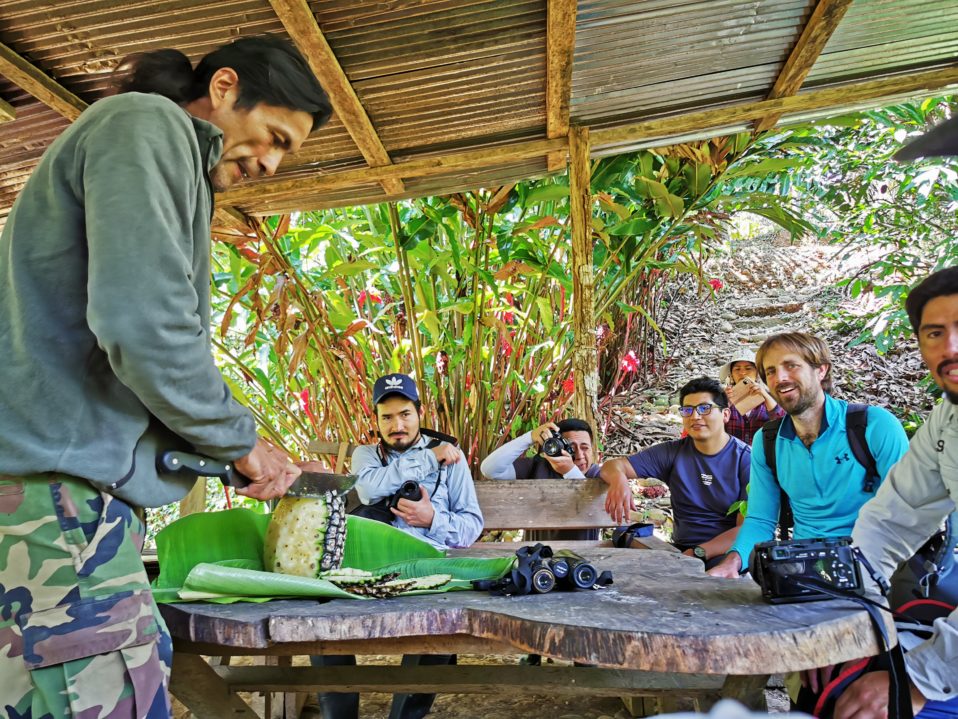As 2022 came to an end, so did the ‘Sustainable Tourism and Protected Areas in a Post-COVID World’ project, funded by the Deutsche Gesellschaft für Internationale Zusammenarbeit (GIZ) GmbH, in which we collaborated with the International Union for the Conservation of Nature (IUCN).
With this project, we aimed to uplift communities, living in and around protected areas, to use tourism enterprises as a way to recover from the impacts created by the COVID-19 pandemic. The project also aimed to develop a more crisis-resilient and sustainable landscape in and around protected and conserved areas. The focus was on improving the ecological and social aspects of tourism and rebuilding better for people, wildlife, and ecosystems.
To achieve this, IUCN and Planeterra worked in the Cuc Phuong National Park and Van Long Nature Reserve (Vietnam) to provide training to, and build the capacity of, community members. Through this, both organizations were looking to uplift local community tourism enterprises and increase their benefits, build common visions through action planning, and provide recommendations to protected area staff and management, as well as global guidance and best practice solution sharing based on lessons learned from the project.
Our work in Vietnam
Tourism was not the main source of income for the communities in the Cuc Phuong National Park. The Khanh village has been the only location open to visitors since 1993, making it one of the earliest examples of community-based tourism in Vietnam, as noted by the Cuc Phuong Management Board. However, the village currently has only four homestays and the services, pertaining to tourism, are limited.
We found out that people in Cuc Phuong were keen to gain knowledge about tourism and use it to diversify their income. We also discovered that staff from the Cuc Phuong Center of Education and Environmental Services, in charge of tourism and education activities, were not trained to deliver tourism products and services. Likewise, there was no monitoring and evaluation system in place to ensure an effective and smooth operation of community tourism-related products.
We could see a similar case in the Van Long Nature Reserve, given that tourism was not the main source of income, but community members were eager to gain the skills and knowledge needed to run a tourism enterprise. It was also identified that the Management Board responsible for tourism management in the area, lacked expertise in the matter.
To identify all of the situations mentioned above and adapt the initial project plan to better suit the communities needs, our team in the field started off by conducting a baseline survey.
Training sessions
A series of three workshops were conducted in five villages to improve the community participants’ knowledge and skills in:
- Health & safety.
- Ecotourism product and itinerary development.
- Ecotourism marketing and promotion.
All the contents were tailored to fit the demographic features of selected communities (ethnicity, age, learning ability, etc.).
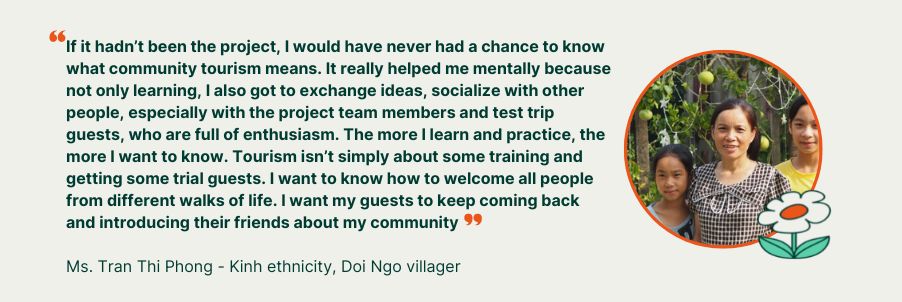
Product development and pilot trips
Four tour itineraries that highlighted the most prominent features of the local communities were designed and two out of them were put into practice. Since community members were mostly new to tourism, it was determined that hosting pilot trips, which would give an opportunity to community members to interact with tourists first-hand, would be more suitable activities to implement at this stage.
The project, in close collaboration with community members, then organized one ‘learning trip’ for tour guides and three ‘test trips’ (two to Khanh village in Cuc Phuong National Park and one to the Van Long Natural Reserve) involving expatriates living in Hanoi. These initiatives helped our team to get feedback from visitors as well as give local communities the chance to improve their skills before introducing them to the tourism market.
Planeterra’s key learnings
After working on the ‘Sustainable Tourism and Protected Areas in a Post-COVID World’ project in Vietnam for over a year, we learned that:
- Conducting baseline surveys before designing a community tourism project is key to understanding the current situation and real needs.
- If there are any issues related to the administration and local partnership, they must be sorted out before the project implementation.
- It would be ideal to have a designated team to continue supporting the project, or perform regular check-ins after its completion, to be able to guarantee the sustainability of the activities.
Community tourism enterprise development provides local communities with additional opportunities to recover from the negative impacts of COVID-19, whilst promoting resilience through the development of business skills and knowledge and by emphasizing the importance of linking community well-being and effective protected area management.
Looking back at all the project activities (i.e. cash-for-work), we can see how some of them have had a positive impact on motivating the communities to use tourism as an additional income source that draws value from healthy and protected areas.
For Planeterra, working on this project has reaffirmed that tourism, when managed responsibly, can be crucial to promote a positive relationship between communities and the environment.
Learn more about the ‘Sustainable Tourism and Protected Areas in a Post-COVID World’ project, here.


